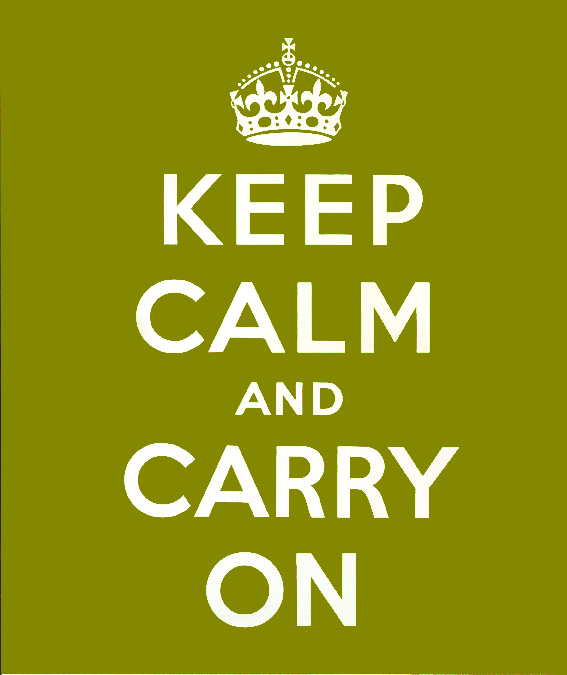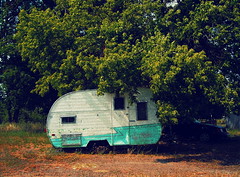 Do you ever wonder if the world would be a better place, if we paid higher prices for the things we buy?
Do you ever wonder if the world would be a better place, if we paid higher prices for the things we buy?
No, I never did either. Not the way I grew up. A mother who raised two kids by herself. Grandparents who lived through the Great Depression. In my family, it's always been a matter of moral obligation to get the best price for everything we buy.
But now I'm starting to wonder whether, in the context of a global marketplace, my quest for the lowest price hasn't turned shamefully immoral when I wasn't looking.
Are you way ahead of me on this, or do you wonder what I'm talking about? It took a long time for my head to turn this direction, so just in case, I'll back up a bit and fill you in on where this started for me.
Last month, ChristianAudio.com offered the audio download of Not For Sale, David Batstone's book on human trafficking, for free. I'd thought of buying the book before, and now - best price, remember? - I had to take ChristianAudio up on their offer.
It's a dangerous book. It presented me with moral choices in places where I'd never seen them before. It made me want to know more, to understand better how I contributed to the problem of - lets not call it trafficking. Human beings - often children - are being stolen from their homes or lured by deception, forced to work for no pay, intimidated by apalling abuse, unable to go home, unable to escape. It's slavery, and I wanted to know where I stood in the chain of cause and effect.
I read articles and watched videos. I learned the term "fair trade" which translates, "slave-free." I found out how the problem presents itself, for instance, in the chocolate trade.
I know. Chocolate hits way too close to home. But the fact is that around 70 percent of the world’s cacao is harvested using slave labor. Even farmers who don't use slaves are forced to take their children out of school and put them to work. It's hard, dangerous work, for which they are paid very little. Most farm families live on less than $100 a year. In one video I saw,Tim Costello of World Vision held up a candy bar, and said most chocolate companies would pay less for a large bag of cocoa than we would pay for that bar of milk chocolate.
So there's where I stand in the chain of events: I get the best price for chocolate, while the farmer suffers in ways I can't even imagine. Or else he uses slaves.
In a world where price is all that matters, the slave-holder wins every time.
So I look for the words "fair trade" on the package when I buy chocolate. I pay more money. As a consequence, I buy less. But why shouldn't chocolate be an occasional luxury? Doesn't it taste like one?
I wonder what the world would look like, if all were set right. If slavery did not exist (and it does; there are more slaves in the world today than there were back before we "abolished" slavery), if all farmers and workers were paid enough to support their families in dignity, wouldn't we pay more for the things we buy? Wouldn't we then buy less?
Would that be okay?
PS: Here's an excellent post by Leo Babauta at Zen Habits, that I think is related, titled Steps Towards a More Sustainable Life of Less.
PSS: Welcome to my new follower, Tanja! I hope you will drop in often, and speak up in the comments!
(Thanks to H. Koppdelaney for the image.)














